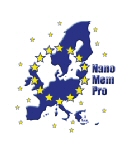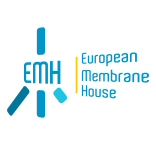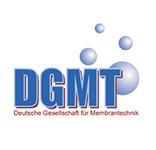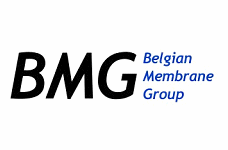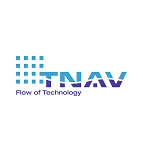Separation Technology
In today’s economy, engineers and scientists must respond to the strongly changing needs of industrial processes. Industry aims to satisfy on the one hand, the more stringent constraints on energy use, environmental impact and raw material use and, on the other hand, the demand of consumers for new products with specific properties. To answer to these needs, process intensification strategies are applied to replace large, expensive, energy-intensive processes with smaller and more efficient ones. Separation processes to recover and purify products account for over 40 % of the energy demand in production processes and play an important role towards sustainable production. To reach the goals of process intensification, new materials, operating modes and multidisciplinary approaches are required.
Theme 1: Next generation membranes
The industrial development of membranes dates back to the sixties with the first water desalination plant based on the reverse osmosis technology. As for today, a lot of separation processes (production processes and environmental applications) are currently performed using synthetic membranes. Membrane science has a leading role in process innovation and is considered one of the main strategic axes towards the implementation of improved separation technologies. Starting from the traditional organic and inorganic membranes, modern membrane engineering research has evolved to the development of hybrid, multifunctional and high performing materials. Continuous improvements clearly open the pathway towards a diversification of applications. Papers are solicited on innovations in membrane materials, modules and application engineering.
Theme 2: Solvent filtration
The potential of membranes in non-aqueous solvent filtration becomes more and more clear. The majority of potential applications is situated in the field of nanofiltration and pervaporation. This has raised the attention not only of the academic world but also of different industrial sectors. It has led to a growing activity in the research and development of solvent resistant polymeric and ceramic membranes. Consequently, the complex mechanisms involved in solvent filtration are becoming step by step unraveled. Two years ago, VITO and K.U. Leuven organised the first dedicated workshop in Leuven. Since then more new research efforts are contributing to the rising understanding of solvent filtration. For this second edition of the solvent workshop, papers are solicited on new knowledge, developments and application cases related to treatment of solvent and/or other harsh streams, leading to product separation and re-use.
Theme 3: Advanced water treatment
As discharge standards become more stringent and water reuse is being promoted to reduce freshwater consumption, more advanced water treatment is needed to achieve and secure the required water quality. The implemented technologies should not only be reliable and ensure the availability of sufficient water quantities with the right quality at the right time, they should also be cost efficient. We therefore want to solicit contributions that focus on developments targeting reductions in energy consumption, cost reductions, and operational optimizations in (waste)water treatment and reuse. Furthermore, papers are welcomed on innovations leading to energy production from wastewater. The technology range considered includes but is not limited to membrane filtration, membrane bioreactors and microbial fuel cells.
Members of the Scientific Advisory Board
- Joao Crespo, IBET (PT)
- Inge Genné , VITO (BE)
- Lidietta Giorno, ITM (IT)
- Andrew Livingston, Imperial College (UK)
- Arian Nijmeijer, Shell (NL)
- Bart Vanderbruggen, K.U. Leuven (BE)
- Willy Verstraete, UGent (BE)
Partnership
- Nanomempro: European Network of Excellence
- EMH (European Membrane House)
- K.U. Leuven
- DGMT (Deutschen Gesellschaft für Membrantechnik e.V)
- NMG (Nederlands Membranengenootschap)
- Belgian Membrane Group (BMG)
- TNAV
